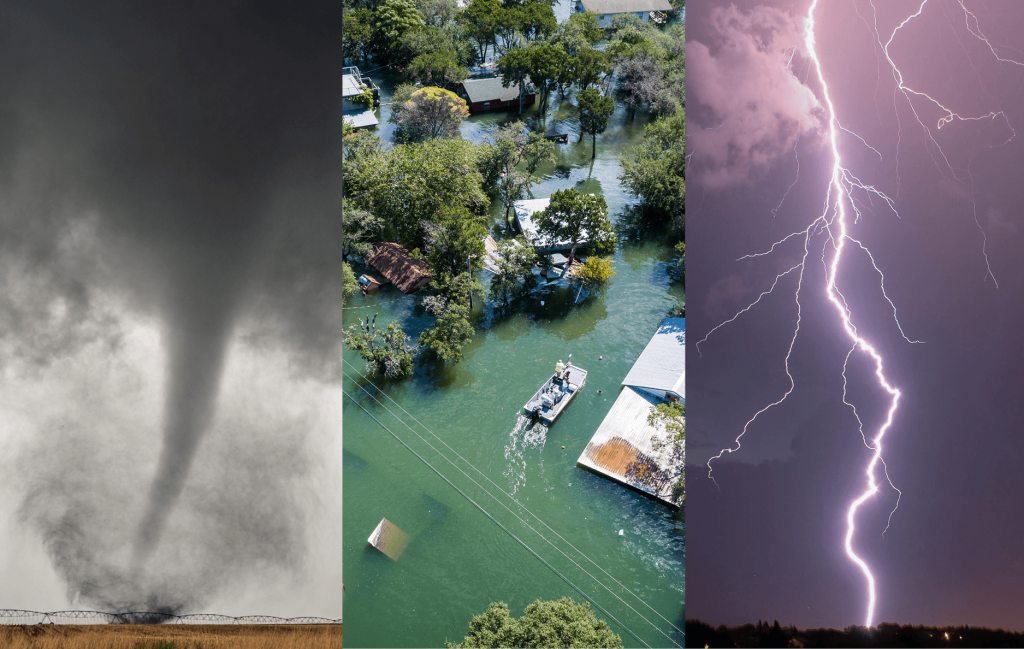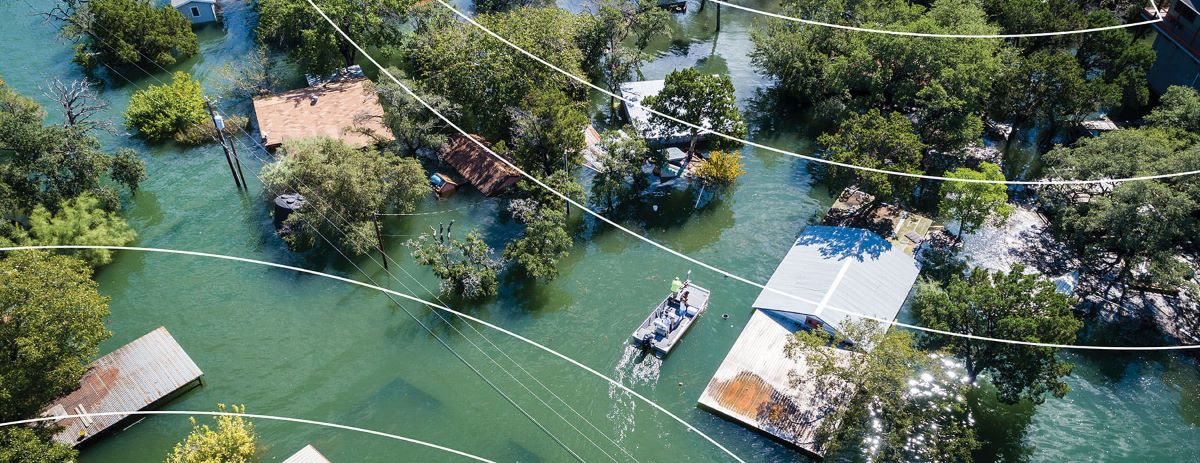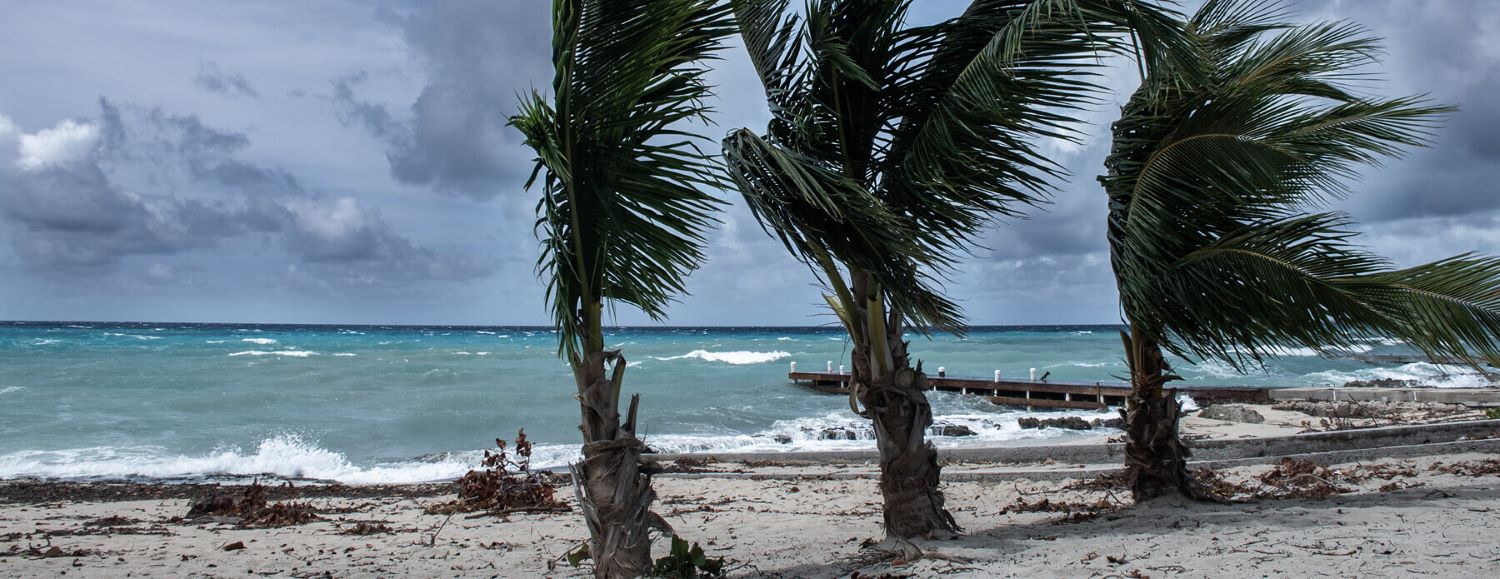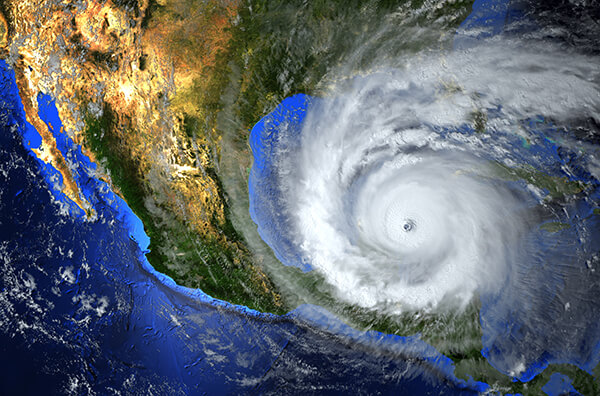March features Severe Weather Preparedness every week throughout the month depending on your location. With the weather warming up, officials say that the time to prepare for severe weather is now. Severe weather is any dangerous meteorological phenomenon with the potential to cause damage, serious social disruption, or loss of human life. Types of severe weather phenomena vary, depending on the latitude, altitude, topography, and atmospheric conditions.
According to climate.gov, “damages from the 2021 disasters totaled approximately $145 billion. (All cost estimates are adjusted based on the Consumer Price Index, 2021). The costliest 2021 events were Hurricane Ida ($75 billion), the mid-February Winter Storm / Cold Wave ($24 billion), and the Western wildfires ($10.9 billion).”
Do you live in an area that is affected by hurricanes, wildfires, tornadoes, flooding, or even extreme heat? Keep reading to find out how you can be prepared for these events.
Hurricanes
- Know your risk
- Make a plan
- Know your evacuation zone
- Recognize warnings and alerts
- Consider those with disabilities
- Review key documents
- Gather supplies
- Strengthen your home
- Get “tech-ready”
- Help your neighbors
Wildfires
- Make a plan
- Create ‘Defensible Space’ around your home
- Review evacuation routes
- Gather key supplies
- Review important documents
- Keep your car filled with gas or fully charged
- Monitor alerts
- Evacuate when ordered
Tornadoes
- Know your risk
- Learn the signs of a tornado
- Sign up for community warnings
- Have a plan
- Practice sheltering
- Watch weather reports
- Plan for your pet
- Gather Supplies for long-term sheltering
Extreme Heat
- Add extra insulation to keep the heat out
- Use an attic fan
- Install window air conditioning units
- Learn to recognize the signs of heat illness
- Drink plenty of fluids
- Consider pet safety



